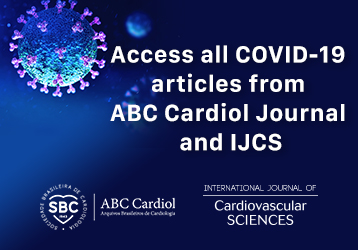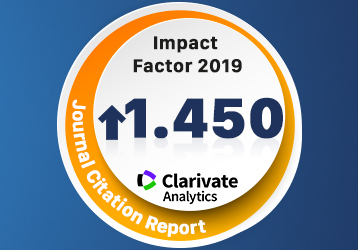Volume 110, Nº 1, January 2018
DOI: http://www.dx.doi.org/10.5935/abc.20170183
ORIGINAL ARTICLE
Development and Psychometric Validation of HIPER-Q to Assess Knowledge of Hypertensive Patients in Cardiac Rehabilitation
Rafaella Zulianello dos Santos
Christiani Decker Batista Bonin
Eliara Ten Caten Martins
Moacir Pereira Junior
Gabriela Lima de Melo Ghisi
Kassia Rosangela Paz de Macedo
Magnus Benetti

Abstract
Background: The absence of instruments capable of measuring the level of knowledge of hypertensive patients in cardiac rehabilitation programs about their disease reflects the lack of specific recommendations for these patients.
Objective: To develop and validate a questionnaire to evaluate the knowledge of hypertensive patients in cardiac rehabilitation programs about their disease.
Methods: A total of 184 hypertensive patients (mean age 60.5 ± 10 years, 66.8% men) were evaluated. Reproducibility was assessed by calculation of the intraclass correlation coefficient using the test-retest method. Internal consistency was assessed by the Cronbach’s alpha and the construct validity by the exploratory factorial analysis.
Results: The final version of the instrument had 17 questions organized in areas considered important for patient education. The instrument proposed showed a clarity index of 8.7 (0.25). The intraclass correlation coefficient was 0.804 and the Cronbach’s correlation coefficient was 0.648. Factor analysis revealed five factors associated with knowledge areas. Regarding the criterion validity, patients with higher education level and higher family income showed greater knowledge about hypertension.
Conclusion: The instrument has a satisfactory clarity index and adequate validity, and can be used to evaluate the knowledge of hypertensive participants in cardiac rehabilitation programs. (Arq Bras Cardiol. 2018; 110(1):60-67)
Keywords: Hypertension / prevention & control; Rehabilitation; Health Education; Validation Studies as Topic.















